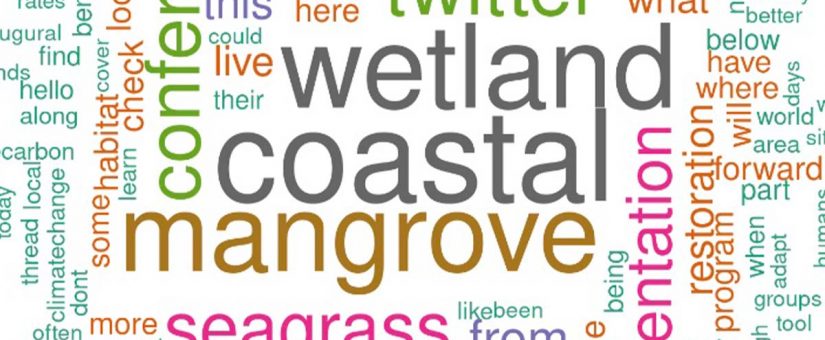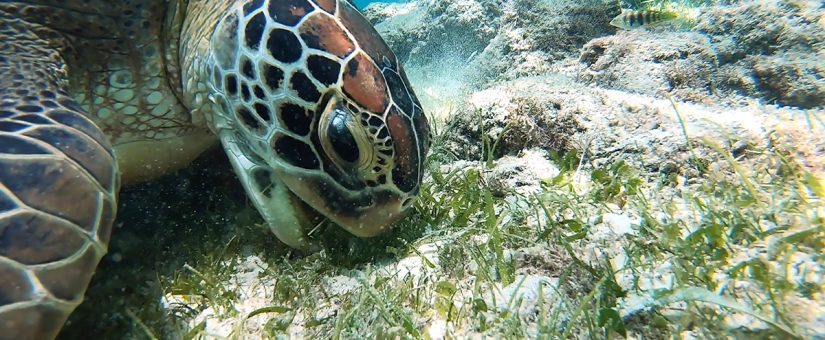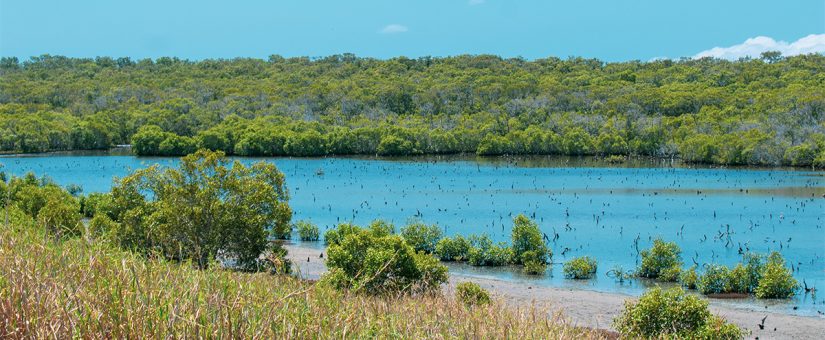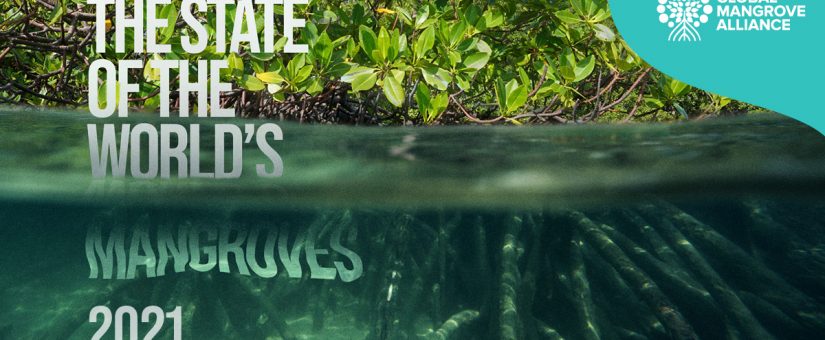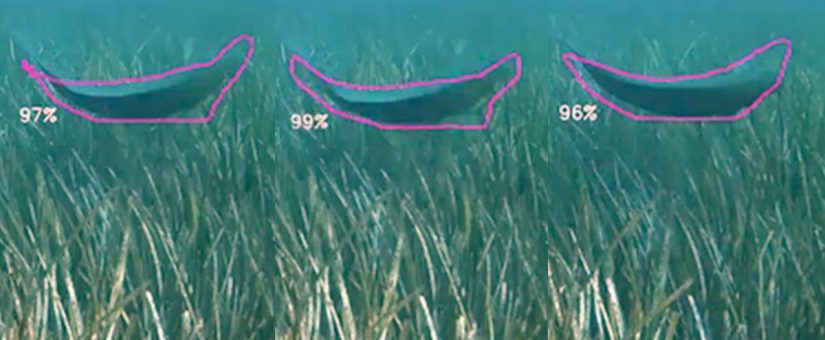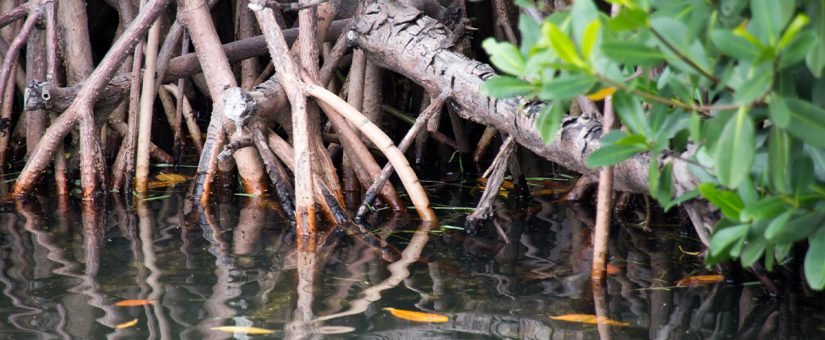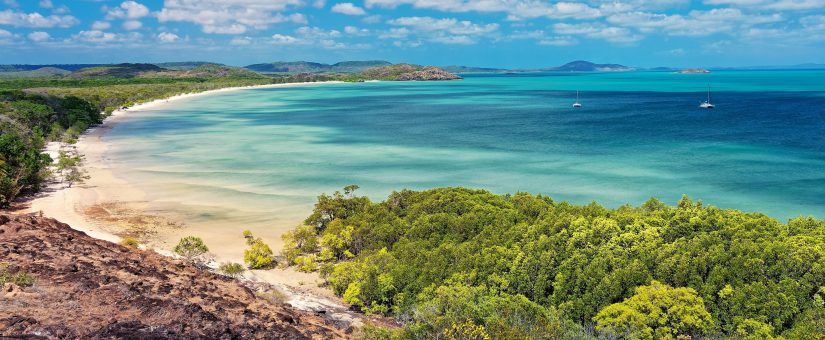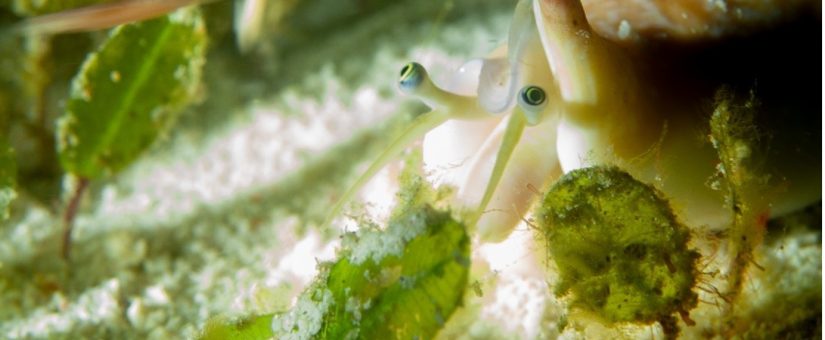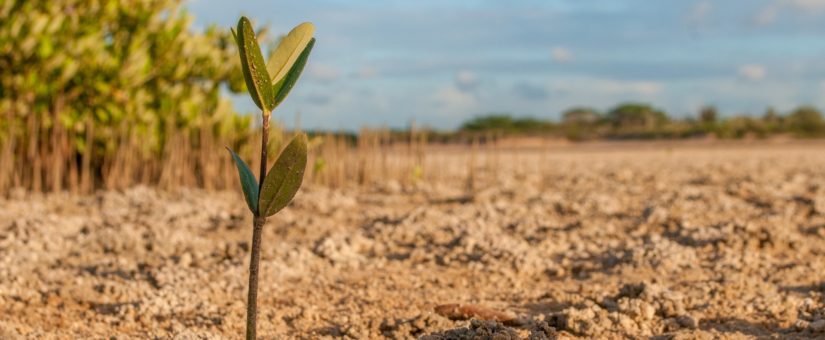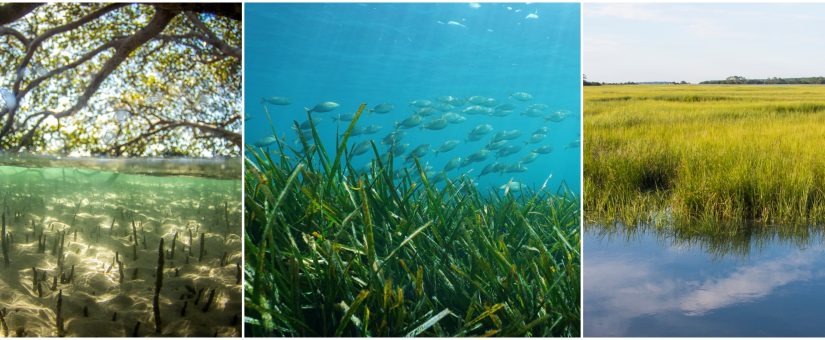2021 Coastal Wetlands Twitter Conference Review
- Posted by Natasha Watson
- On November 9, 2021
The Global Wetlands Project hosted the inaugural Coastal Wetlands Twitter conference on the 26 to 27 October 2021. The conference was held completely on Twitter and used #CWTC21 hashtag. The conference program included 41 presenters from 13 countries and 16 time zones. The conference presentations continue to be available to engage with on The Global […]
Read More


